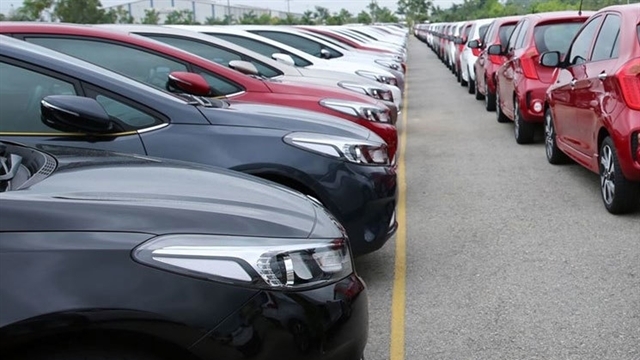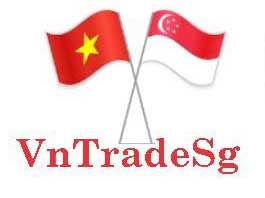
The automobile market is expected to boom this year as the Government mulls a number of favourable policies to help reduce costs, improve demand and increase output.
Last November, a special consumption tax policy was proposed by the Ministry of Finance to reduce or waive the tax on domestically made car components, which can help reduce costs.
Meanwhile, a proposal to increasing the tax on certain types of vehicles was also made last year, which is expected to increase the prices of imported cars if it is approved.
The Ministry of Industry and Trade (MoIT) has also proposed other policies such as lower corporate income tax for the auto industry and its supporting industries.
There are also favourable policies on the cards for manufacturers of cars with nine seats or fewer, a capacity of more than 50,000 vehicles a year and able to export within five years. They include waiver of land rentals and usage fees, financial aid for technology transfer and access to low-interest loans.
The MoIT and the State Bank of Vietnam have also been considering policies to increase demand for cars, such as lower loan interest rates for buying domestically produced cars.
Production of cars in the country has been increasing since last year, with Truong Hai Auto Corporation expanding the capacity of its KIA car manufacturing plant from 20,000 to 50,000 a year and TC Motor’s new factory slated to be completed this year with a capacity of around 100,000 cars.
Other companies such as Ford and Toyota have also expanded their capacity.
Inspections of imported cars will be less stringent, changing from for each batch of imports to particular models. Each model would need only one vehicle tested for emissions and safety.
According to the MoIT, the growth of the auto market has been better than expected in recent years, with a rate of 20-30% a year.
In 2020 around 450,000-500,000 cars are expected to be bought in Vietnam, up from 400,000 units last year.
Source: Nhan Dan Online
















